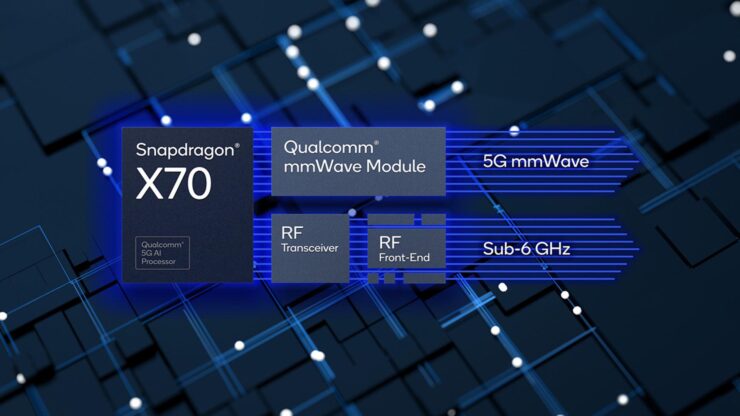The dependency on Qualcomm was previously revealed as Apple’s 5G modem hit a development roadblock. Mark Gurman of Bloomberg took the initiative to support the San Diego company’s claim by announcing that it will offer a sizable supply in 2019. However, at one point, it was anticipated that the chipset maker would only be able to fulfill 20% of Apple’s whole order by 2023, costing them millions of dollars in sales. It’s a good thing for Qualcomm that even while Apple began working on its own 5G modem in 2020, it hasn’t been successful in producing the anticipated results, so it will be a few more years before a workable solution hits the market. Recall that in 2019, Apple and Qualcomm signed a six-year cooperation agreement specifying that the iPhone manufacturer would employ third-party 5G modems and pay a royalty to its supply chain partner, resulting in a massive profit for Qualcomm. It would not be in Apple’s best interest to pursue its legal battles with Qualcomm because its primary goal is to make big profits. Apple has not been able to produce its own 5G chip even after purchasing Intel’s modem chip division. Since Qualcomm consistently outperforms the competition with cutting-edge hardware, Apple is forced to use its components. According to some insiders, Apple’s in-house 5G modem won’t be finished until 2025, so the iPhone 16 lineup, which is anticipated to ship in 2024, will also have Qualcomm chips. Since the Snapdragon X65 5G modem was discovered during an earlier deconstruction of the iPhone 14 Pro, we predict that all iPhone 15 modems will use the Snapdragon X70 5G by 2023.
